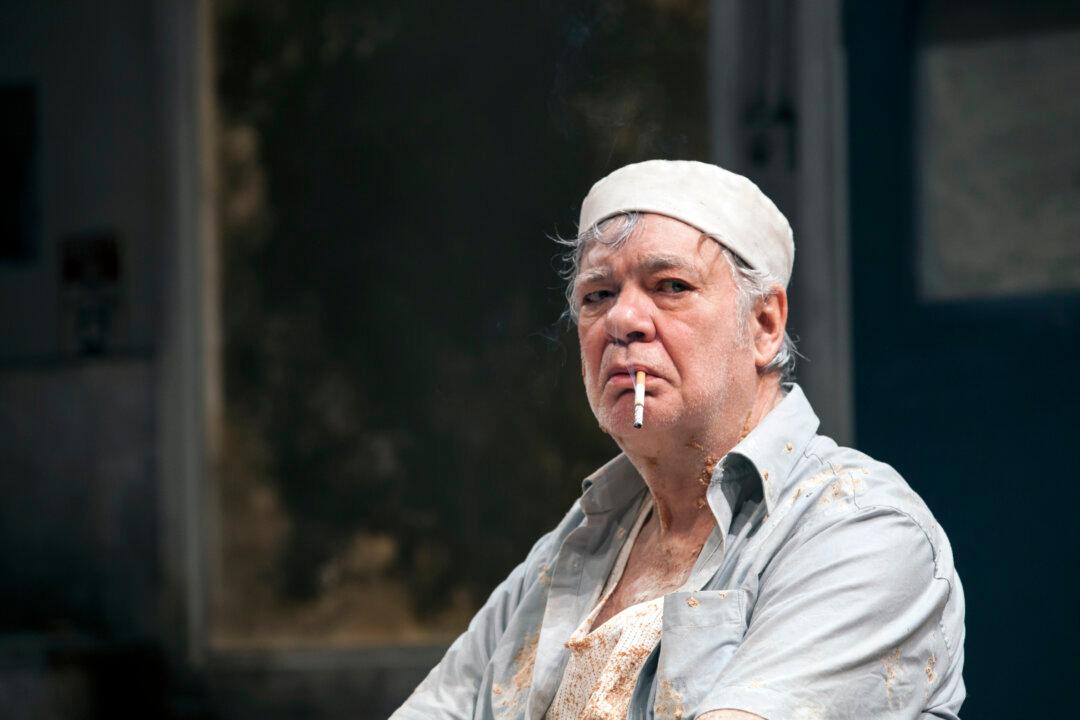NEW YORK—One of the songs in Gilbert and Sullivan’s “Pirates of Penzance” is “A Policeman’s Lot is Not a Happy One.” In the U.S. debut of Richard Bean’s “Toast,” the same is apparently true of bakers, at least those who work in an industrial bread plant.
The playwright is best known for the hilarious “One Man, Two Guvnors,” which made a star of James Corden. “Toast,” first performed in England in 1999, is also a comedy but with serious undertones.






